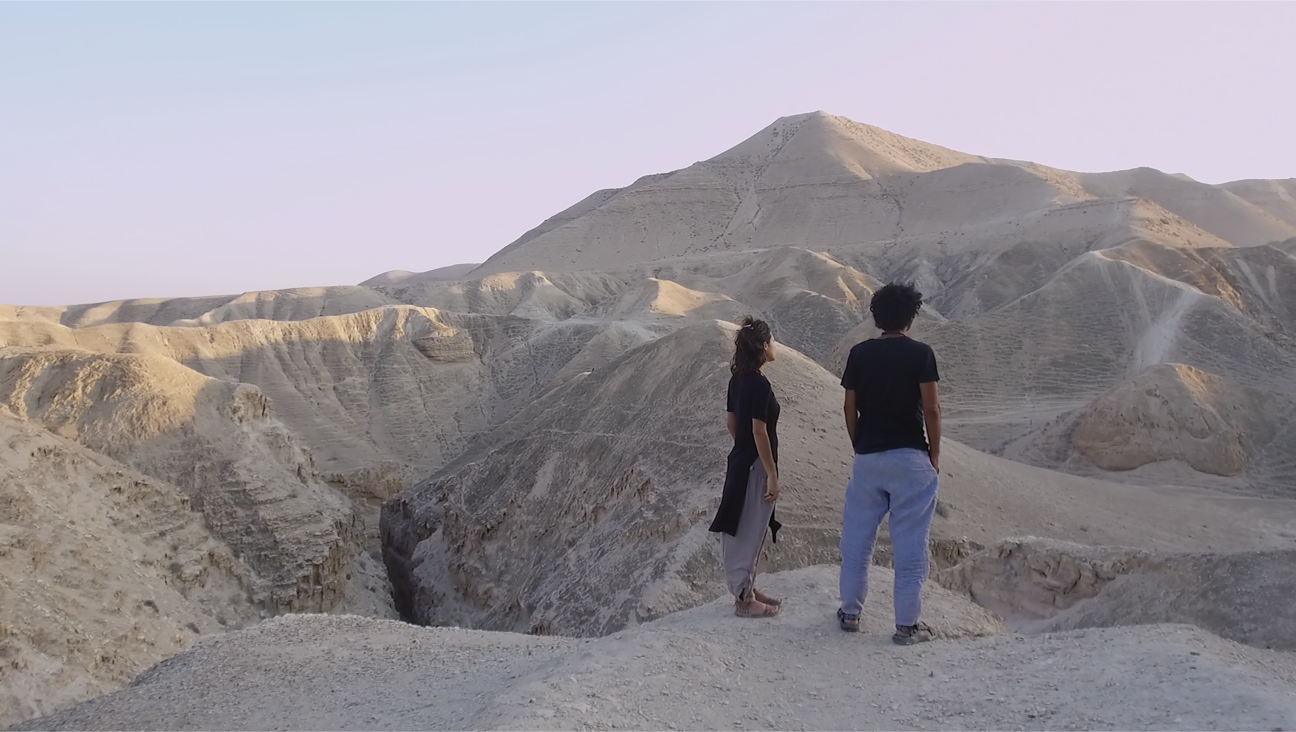Kagan, Kaplan and the Stare Decisis Conundrum
Jeremiah Riemer writes to suggest that if Elena Kagan is indeed set to become the first Reconstructionist on the Supreme Court since the Civil War, as I joked in a May 10 blog post (playing off her late parents’ reported membership in a Reconstructionist congregation), then it’s time to take a fresh look at the famous dictum by Rabbi Mordecai Kaplan, founder of Jewish Reconstructionism, that tradition should have “a voice but not a veto” in our current moral decision-making. If that is indeed how the nominee sees things, what does it portend for the legal principle of stare decisis, the common-law rule that judges are bound by precedent, as set by previous court rulings? Would Justice Kagan give Roe v. Wade or Brown v. Board of Education a “voice but not a veto”?
Theoretically a good question, but it turns out that Kagan actually does not consider herself a Reconstructionist Jew. Her parents got involved in the Reconstructionist congregation, the West End Synagogue, after the nominee had already grown up and moved out. According to recent reports, she calls herself a Conservative Jew. This should come as pleasing news to the court’s Scalia-Thomas wing, at least until someone clues them in that Conservative Jews and conservative Jews are two completely different things.
A message from our Publisher & CEO Rachel Fishman Feddersen

I hope you appreciated this article. Before you go, I’d like to ask you to please support the Forward’s award-winning, nonprofit journalism during this critical time.
We’ve set a goal to raise $260,000 by December 31. That’s an ambitious goal, but one that will give us the resources we need to invest in the high quality news, opinion, analysis and cultural coverage that isn’t available anywhere else.
If you feel inspired to make an impact, now is the time to give something back. Join us as a member at your most generous level.
— Rachel Fishman Feddersen, Publisher and CEO
























